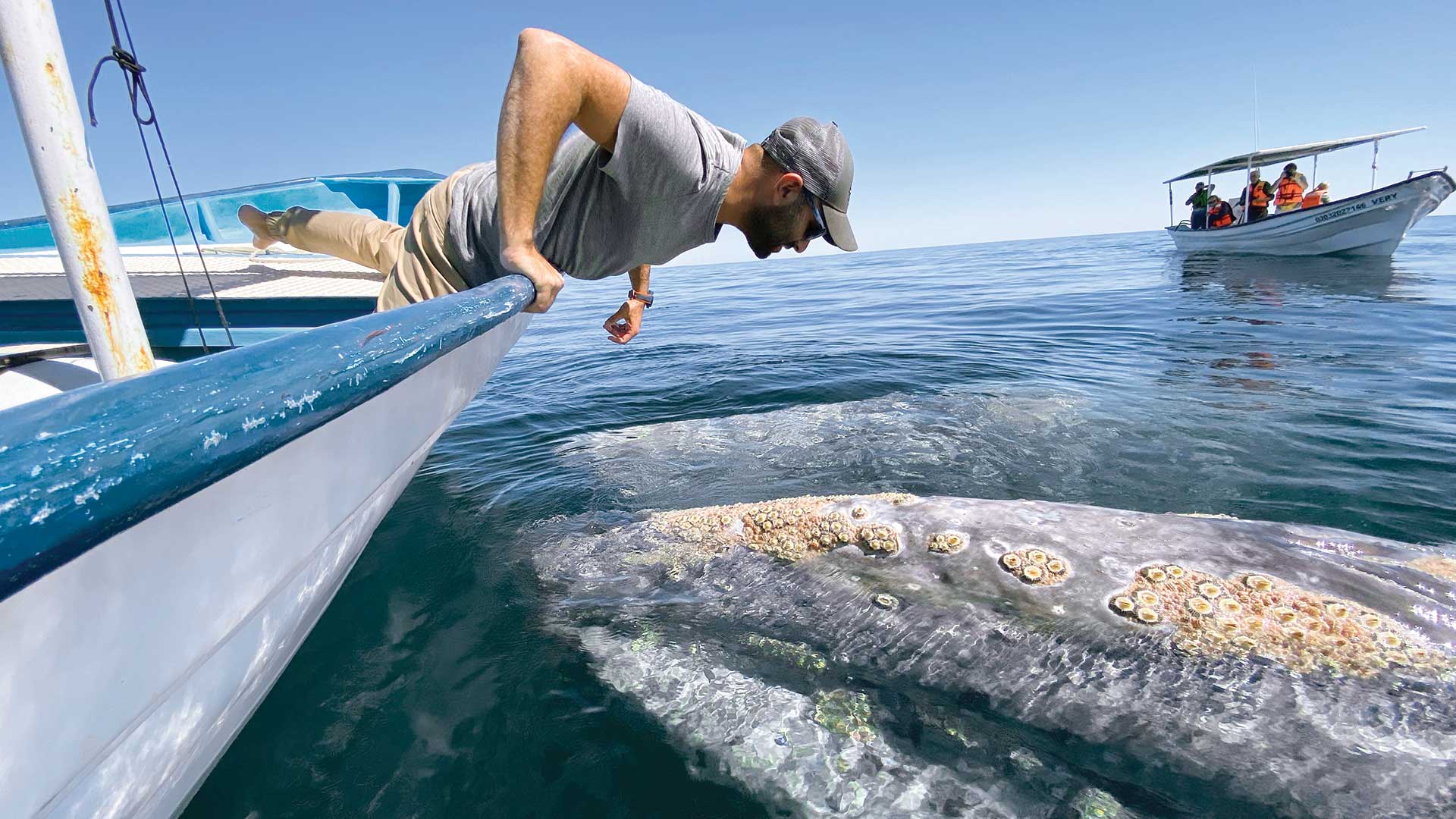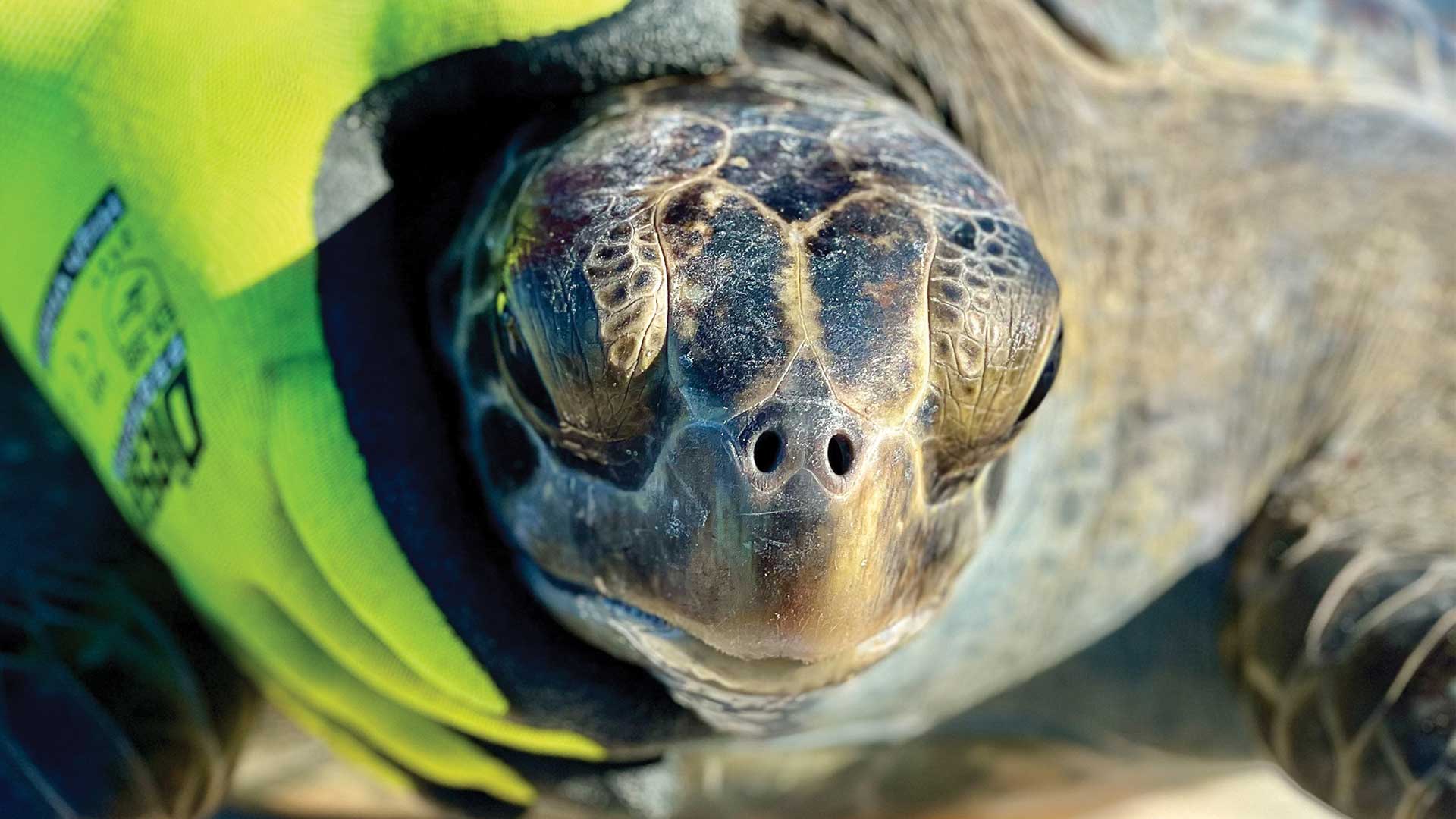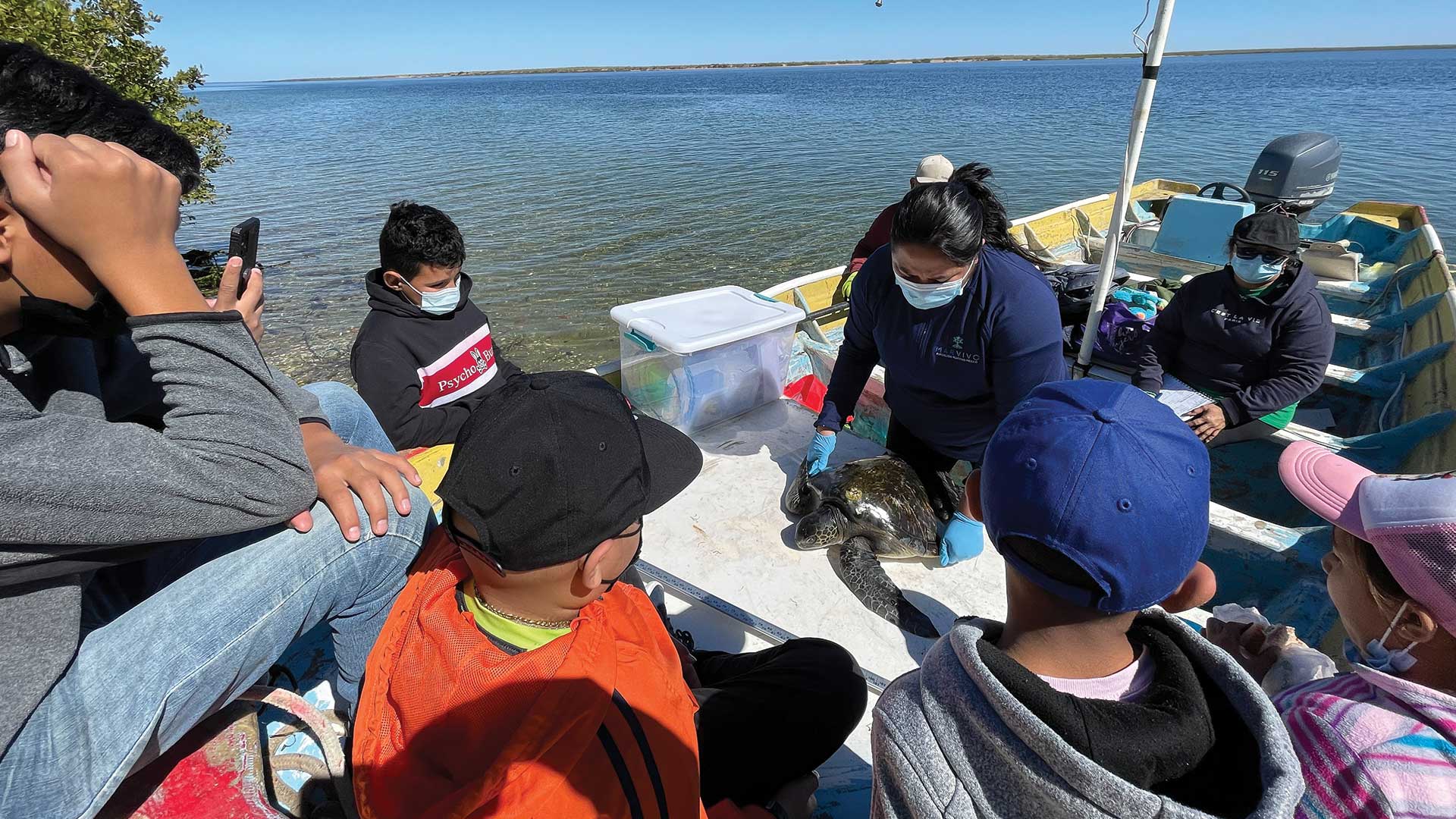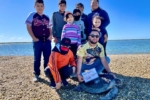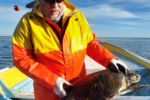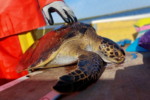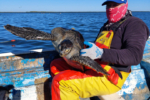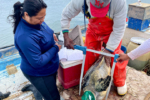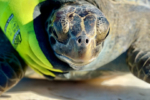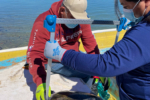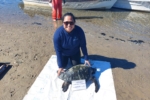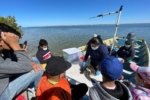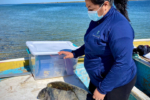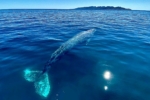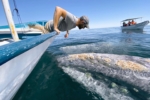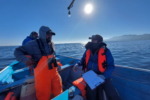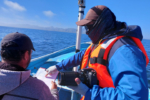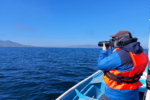Magdalena Bay is a biodiversity hotspot, home to more than 2400 species, including numerous endangered animals and plants. To monitor the health of the bay, Fundación Marvivo established a Community Science Program that employs fishermen as local wildlife stewards to scientifically monitor endangered species.
Local Wildlife Managers are autonomously responsible for weekly monitoring, logistics, equipment management, data and a small budget. By empowering fishermen, Fundación Marvivo provides a sustainable alternative income, fosters lasting environmental stewardship, and true community ownership of its natural resources.
One of the top 5 global biodiversity hotspots
The Baja California Peninsula is one of the few remaining marine systems on Earth with high biomass and high biodiversity. Magdalena Bay is located at the epicenter of this biodiversity hotspot. It is located at the meeting point of two of the most influential currents in the Eastern Pacific: the current California system, an extension of the current Alaska system, and the current South American system. This creates unique temperature fluctuations that are believed to drive the incredible biodiversity in Magnificent Magdalena Bay. One of the top 5 global biodiversity hotspots.
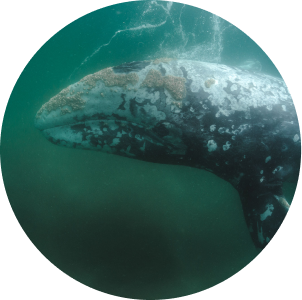
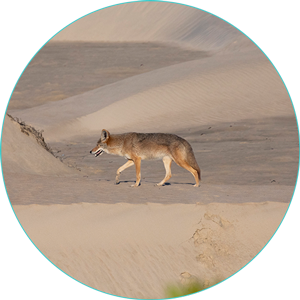
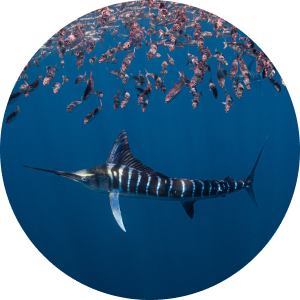
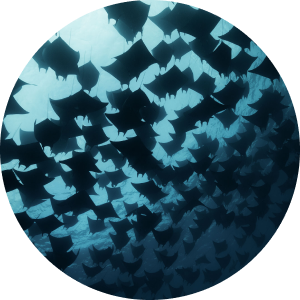
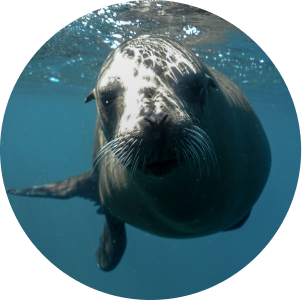
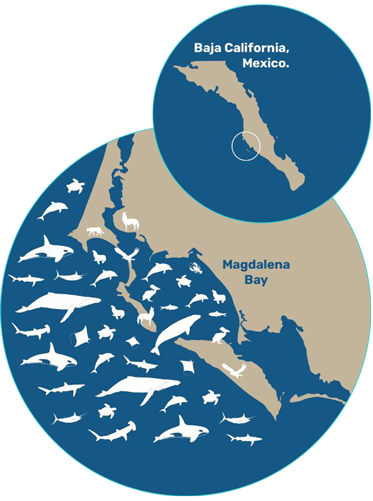
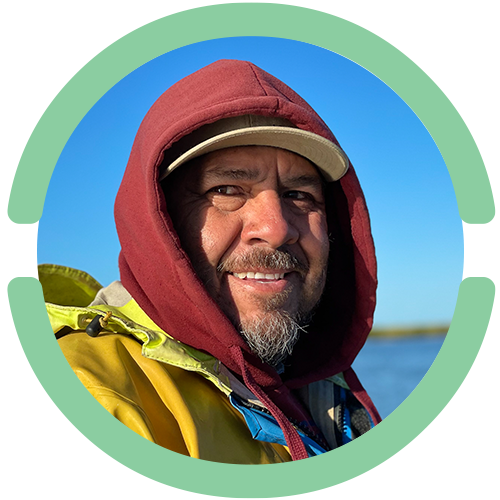
“Born and raised in San Carlos, with almost 30 years of experience in the waters of Magdalena Bay. During his time, he personally witnessed a sharp decline in the abundance and biodiversity of species in the waters surrounding his home. Therefore, as chief captain of the turtle monitoring program in San Carlos, he hopes to learn and show other, more sustainable ways to use the rich waters of Magdalena Bay.”
Omar Martinez Garcia Wildlife Manager (whales)

